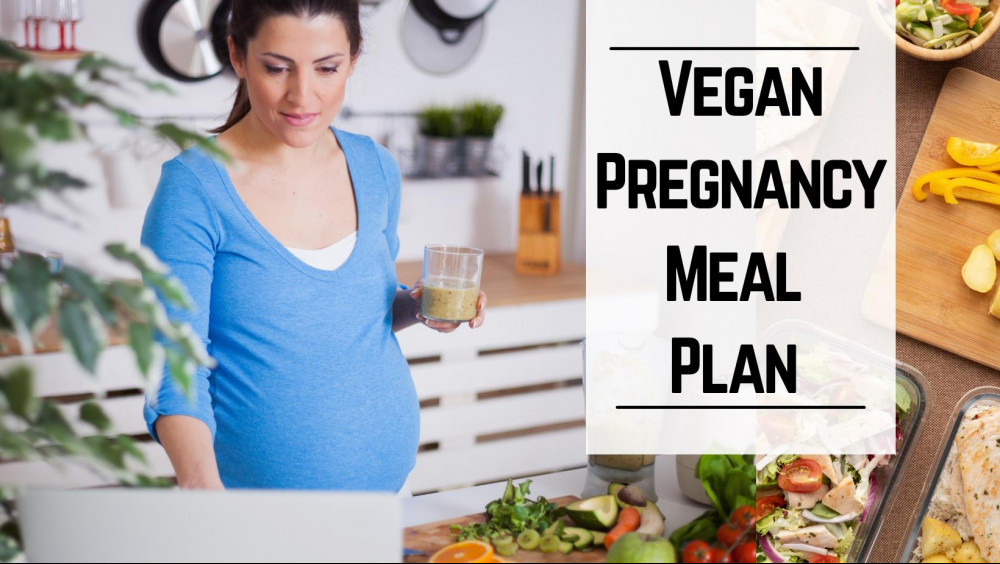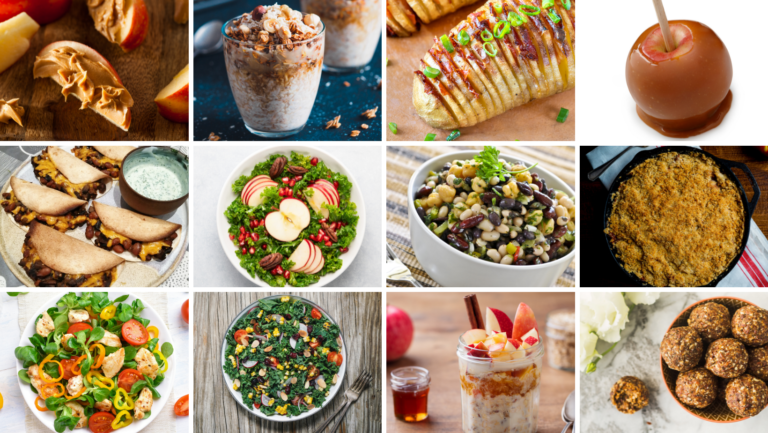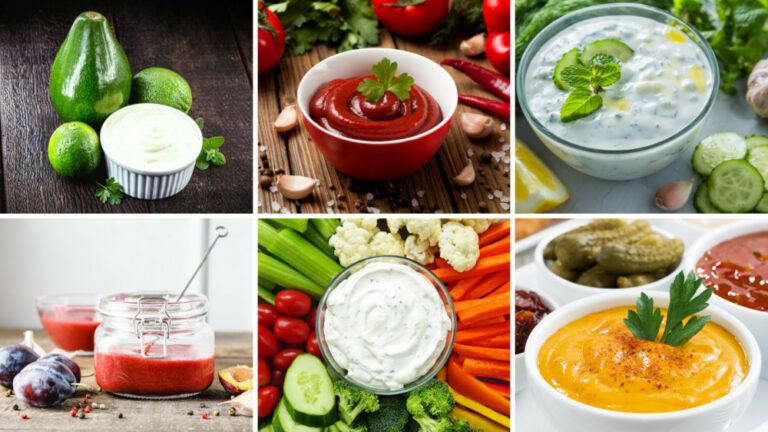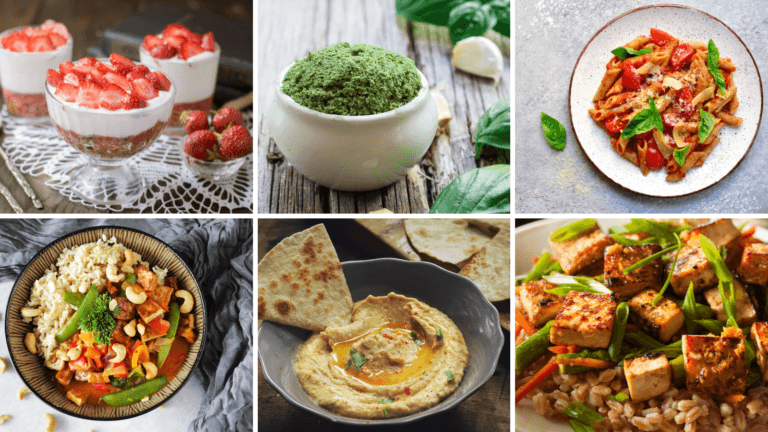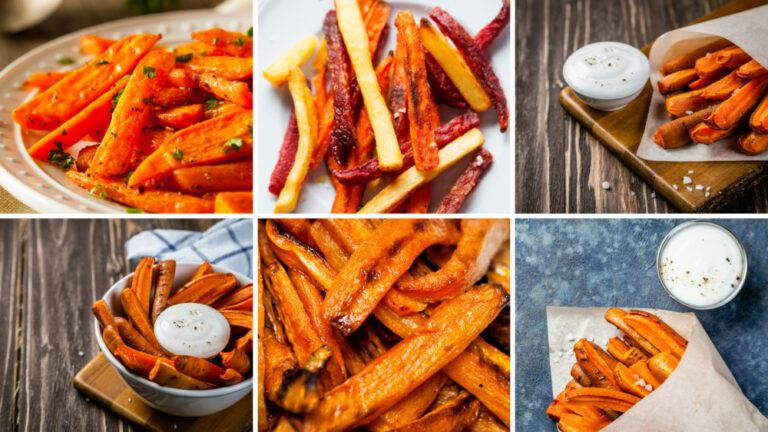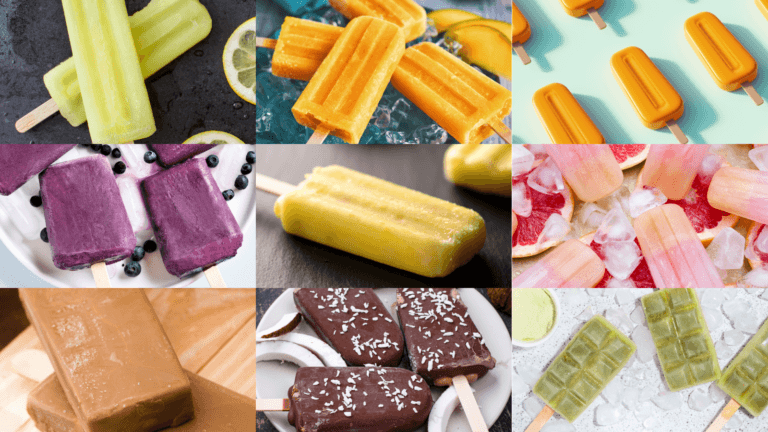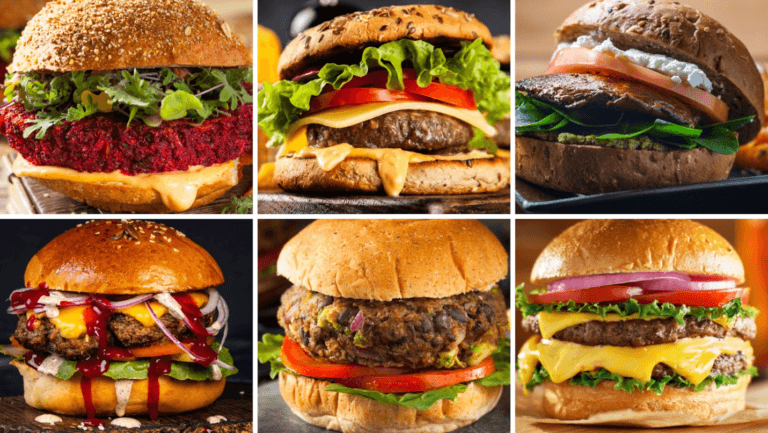How A Vegan Pregnancy Meal Plan Can Ease Your Pain
How A Vegan Pregnancy Meal Plan Can Ease Your Pain
As veganism becomes mainstream, more women eat this way, even while pregnant. Vegan diets lack all animal products and focus on whole foods such as fruit, vegetables and lentils.
This dietary pattern has been related to a lower incidence of type 2 diabetes and heart disease, among other health benefits.
However, some individuals are concerned that a vegan diet could lead to vitamin shortages, which could be particularly problematic for pregnant women and their unborn children.
This article examines current research into the safety of a vegan diet during pregnancy and offers advice on a Vegan Pregnancy Meal Plan.
Trusted Source (PubMed Central) Database from the National Institutes of Health.
Is It Possible To Eat A Vegan Diet When Pregnant?
You should find the answer before going with the Vegan Pregnancy Meal Plan. When you're pregnant and vegan, however, it's a completely different ballgame.
Most items you should avoid while pregnant are not vegan in the first place: fish, unpasteurized cheese, and raw eggs.
It turned out that the only thing you needed to do differently was to thoroughly wash your fruits and veggies, eat enough calories, and incorporate iron-rich foods in your meals.
Furthermore, some vitamins and minerals are necessary for a healthy vegan pregnancy (or any pregnancy!), and the good news is that you may receive them easily from a vegan diet!
Common Concerns Of A Vegan Pregnancy Meal Plan
1. Calcium
The recommended intake for calcium during pregnancy is the same as before pregnancy. You should include in the Vegan Pregnancy Meal Plan 1000 mg per day for women aged 19-50.
Plant-based calcium absorption is often superior to dairy-based calcium absorption. Good sources of calcium include tofu and soybeans, dark leafy green vegetables, broccoli, sunflower seeds, tahini, almond butter, calcium-fortified non-dairy milk, and calcium-fortified cereals and juices.
Good sources of Calcium include:
- Plant-based yogurt, milk, and cheese.
- Breakfast cereals, calcium-fortified almond or soy milk, and orange juice
- Lentils, white beans, and chickpeas
- Tahini, sesame seeds, and almonds
- Figs that have been dried
- Tofu that has been calcium-set.
- Calcium-rich green vegetables include kale, turnip greens, mustard greens, broccoli, and bok choy.
2. Folate
Folate is critical for preventing neural tube abnormalities in the developing fetus, especially during the initial weeks of pregnancy.
Its natural source is leafy greens, as you may expect from its name. Although legumes are high in folate, due to the unpredictable nature of most diets, it is recommended that pregnant women take a prenatal vitamin with at least 400 g of folate every day.
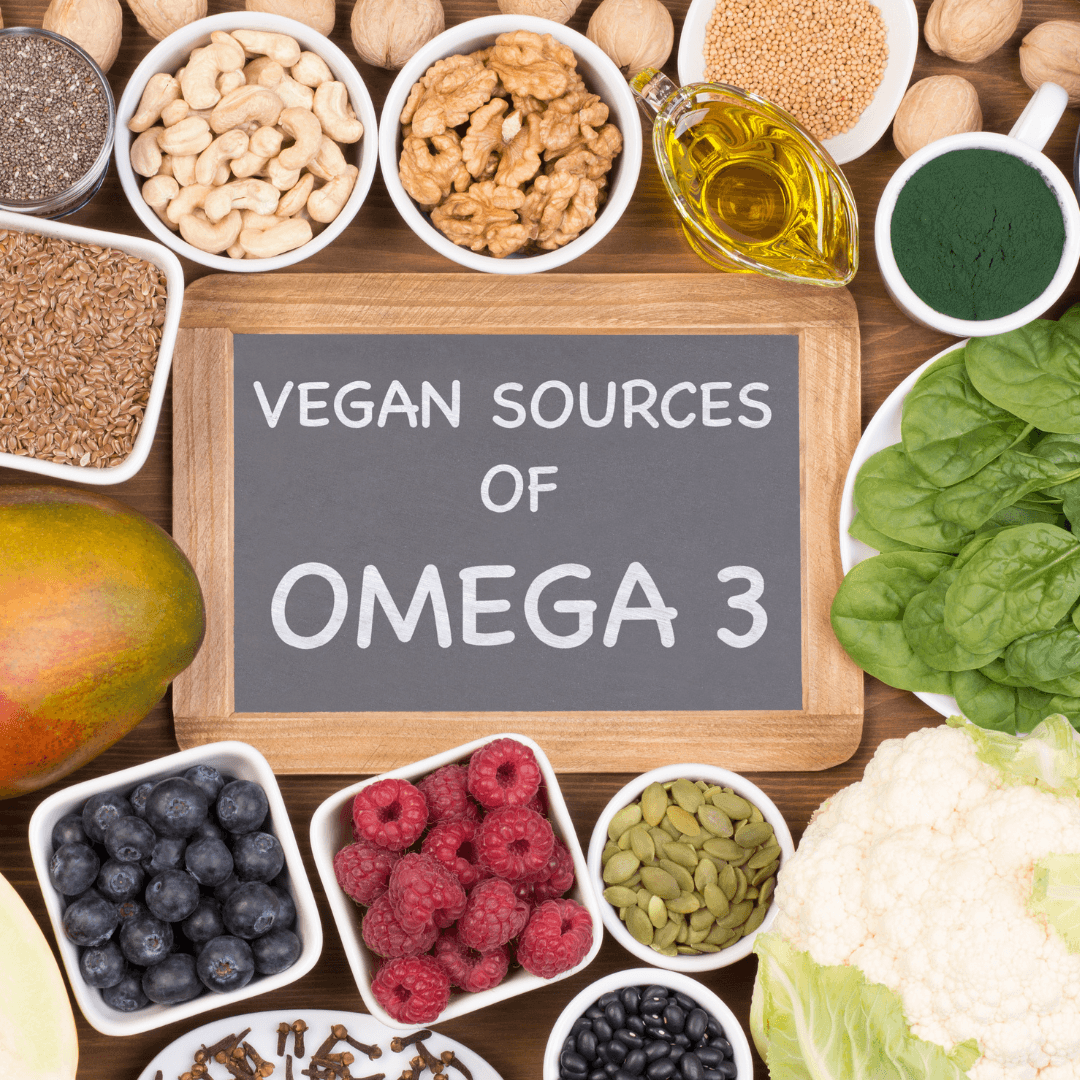
3. Essential Fatty Acids
Because it transforms into omega-3 fatty acids (DHA and EPA) in the body, alpha-linolenic acid (ALA) is an important fatty acid.
During pregnancy, a daily dose of 1.4 g of ALA is suggested. The most concentrated sources of ALA in plants are flaxseeds and flaxseed oil.
When it comes to a plant-based diet, DHA is the most well-known fatty acid. Vegans must convert DHA from ALA because they do not consume any preformed DHA.
If you're a pregnant vegan who's worried about getting enough DHA, there are microalgae-based pills on the market.
4. Vitamin B12
In the Vegan Pregnancy Meal Plan, you must increase your vitamin B12 intake to 2.6 g daily.
Because vegans do not get enough vitamin B12 from their diet (unless fortified cereals and non-dairy milk are included), it's a good idea to take a supplement or choose a decent prenatal vitamin that includes vitamin B12.
Good sources of Vitamin B12 include:
- Soy and other plant milk
- Nutritional yeast
- Breakfast cereals
5. Iron
Iron levels must rise throughout pregnancy to aid in the growth of the fetus and placenta and maintain increased maternal blood volume. During pregnancy, a daily iron intake of 27 mg is suggested.
Iron supplements are frequently needed to complement a woman's diet during vegan pregnancy due to the less effective absorption of iron from plant sources.
Tea, coffee, and calcium supplements should not be taken simultaneously as iron supplements.
Whole grains, dark green vegetables, legumes, nuts, seeds, dried fruit, and blackstrap molasses are all plant-based iron sources. Include vitamin C-rich foods in your meals to boost iron absorption even more!
Good sources of Iron include:
- Iron-fortified breakfast cereal
- Dark chocolate
- Beans and other legumes
6. Zinc
Zinc intake during the Vegan Pregnancy Meal Plan is advised at 11 mg daily. However, due to decreased absorption rates, vegan women's needs may be higher.
There's no need to be concerned because zinc is commonly available in prenatal supplements and can also be found naturally in beans, nuts, whole grains, and cereals.
Zinc absorption can also be increased by mixing zinc sources with acidic substances such as lemon juice or tomato sauce.
Good sources of zinc include:
- Fortified breakfast cereals
- Beans
- Oatmeal
- Whole grains
- Wheat germ
- Nuts and seeds
- Plant-based milk, yogurt, and cheese
- Soy foods
7. Vitamin D
Vitamin D intake should be the same as before pregnancy, at 5 g per day, and pregnant women must obtain enough of this key vitamin.
Vitamin D is produced in the body naturally from daily exposure to sunlight for 5-15 minutes between 10 a.m. and 3 p.m.
Unless people supplement or eat foods fortified, such as ready-to-eat cereals and nondairy milk, all diets have little supply.
However, a good vegan prenatal will offer all of the vitamin D you and your baby require during a vegan pregnancy.
Good sources of Vitamin D include:
- Mushrooms
- Fortified orange juice
- Fortified breakfast cereals
- Fortified soy milk
- Fortified almond milk
- Fortified rice milk
- Sunshine
8. Choline
The choline nutrient is critical for your baby's nervous system development. Most women get too little during pregnancy because plant foods only contain a modest quantity.
9. Omega-3 Fatty Acids
Vegans have lower blood levels of the omega-3 fatty acids eicosapentaenoic acid (EPA) and docosahexaenoic acid (DHA), vital for your baby's eyes, brain, and nervous system.
Good sources of Omega-3 fats include:
- Chia seeds
- Brussels sprouts
- Hemp seeds
- Perilla oil
- Flaxseed
- Algal oil
- Walnuts
10. Iodine
Vegan diets that don't include iodized salt, seaweed, or iodine supplements may be deficient in this vitamin. Inadequate iodine intake can lead to stunted growth in children, as well as thyroid and mental dysfunction.
Good sources of Iodine fats include:
- Iodized Salt
- Strawberries, prunes, and cranberries
- Dulse, kelp, nori, and more!
- Green beans, corn, and potatoes
11. Protein
Protein is a necessary component of your baby's development because it is the building block of cells. It comprises amino acids, including nine that your body can't create independently.
Compared to plant diets, animal foods provide nearly twice as much protein per serving (around 20 grams) (10 grams or less).
Unlike animal foods, plant diets do not contain all nine essential amino acids. That is why obtaining protein from various vegetarian sources is critical, ideally including a protein-rich item in each meal.
Good sources of vegetarian protein include:
- Eggs (for Ovo-vegetarians)
- Kidney beans, and lentils,
- Legumes, such as chickpeas
- Nut butter (such as peanuts, almonds, cashews, chia seeds, flaxseed, and walnuts)
- Many nuts and seeds (such as almonds, hazelnuts, walnuts, brazil nuts, and sunflower seeds)
- Soy foods, such as tempeh, tofu, soy milk, and soybeans
>>>Please click here to read my article on the Best Plant Foods With High Protein<<<
7 Days Vegan Pregnancy Meal Plan
Saturday
Breakfast: pancakes topped with peanut butter, plant yogurt, fruit, and maple syrup.
Lunch: On a bed of greens and sliced peppers, a Spanish-style tortilla de patatas cooked with chickpea flour, English potatoes, onions, and black beans is served.
Dinner: A filled vegetable burger with red cabbage and carrot coleslaw on the side.
Sunday
Breakfast: Nut butter, plant yogurt, fresh fruit, and a glass of fortified orange juice served with homemade vegan blueberry-rosemary scones
Lunch: Pumpkin seeds, shredded red cabbage, puffed quinoa, and a drizzle of coconut cream top this white bean pumpkin soup.
Dinner: Seitan, eggplant, zucchini, cashew basil spread, and radish side salad in a vegan lasagna.
Monday
Breakfast: Chia pudding cooked with soy milk and topped with fruit, nuts, and seeds of your choice.
Lunch: On a bed of greens, quinoa, roasted peppers, black beans, sliced avocados, and sunflower seeds are tossed with a lemon-basil vinaigrette.
Dinner: on a bed of arugula, whole grain penne pasta with tofu or seitan-based tomato sauce.
Tuesday
Breakfast: Smoothie with spinach, mango, and oats
Lunch: roasted kale chips, whole-grain pita chips with salsa, black bean dip, guacamole
Dinner: Tempeh, rice noodles, bok choy, baby corn, peppers, and vegan teriyaki sauce in a stir-fry
Wednesday
Breakfast: A soy cappuccino and a whole-wheat breakfast burrito with scrambled tofu, roasted mushrooms, and pesto.
Lunch: Sushi rolls made with vegetables, vegan miso soup, wakame salad, and edamame
Dinner: Over wild rice, red lentil dahl with spinach, carrots, and broccoli
Thursday
Breakfast: oats with nuts, seeds, and fruit that have been left to soak overnight
Lunch: Quiche with tofu, mushrooms, and sautéed beet greens
Dinner: White beans, tomato sauce, corn, avocado, and sautéed collard greens on baked sweet potatoes.
Friday
Breakfast: handmade granola, fresh fruit, nut butter, coconut flakes, and flax seeds on top of plant yogurt
Lunch: Soup with tofu and udon noodles and vegetables of your choosing
Dinner: chilli with black beans and greens served on cooked amaranth
Suggestions For Vegan Or Vegetarian Pregnancy Snacks
- Snack on roasted chickpeas, almonds, walnuts, cashews, sunflower seeds, pumpkin seeds or Brazil nuts.
- On whole-grain toast or sliced apples, spread peanut or almond butter.
- Chia pudding can be made using supplemented plant milk.
- Blend fruit, fortified plant milk, and nut butter into a smoothie.
- Using hummus, coat raw vegetables and whole-grain tortilla chips.
Healthy Aging Foods To Focus On
- Nuts and seeds (like natural peanut and nut butter)
- Avocado
- Leafy Greens
- Berries
- Coffee
- Dark chocolate
- Cruciferous veggies (broccoli, brussels sprouts, cauliflower, cabbage)
- Pomegranate
- Oranges and citrus fruits
- Fermented plant-based dairy (yogurt, kefir)
- Beans and lentils
- Carrots
What To Stay Away From
If you're maintaining a Vegan Pregnancy Meal Plan, you'll want to avoid a few things in addition to meat, fish, eggs, and dairy. These are some of them:
1. Alcohol
Although mild drinking during pregnancy may be safe, additional research is needed. To be on the safe side, you should avoid drinking alcohol during your pregnancy (45Trusted Source).
2. Caffeine
Caffeine intake should be limited to 200–300 mg per day during pregnancy, which is comparable to 12 cups (240–480 mL) of coffee (46Trusted Source).
3. Foods That Have Been Too Processed
Mock meats, vegan cheeses, and plant-based pastries and desserts are sometimes high in sugar or other chemicals and are nutritionally deficient. As a result, you should eat them in moderation.
Sprouts that haven't been washed, vegetables that haven't been washed, and juice that hasn't been pasteurized:
These items are highly susceptible to bacterial contamination, which could cause food poisoning and injury to your infant.
4. Sushi
Sushi, smoked fish, and ceviche should all be avoided. Fish-borne parasites or Norovirus could be present in raw fish and shellfish. Parasites carried by fish can cause anemia in the mother, reducing the amount of oxygen and nutrients available to the growing fetus.
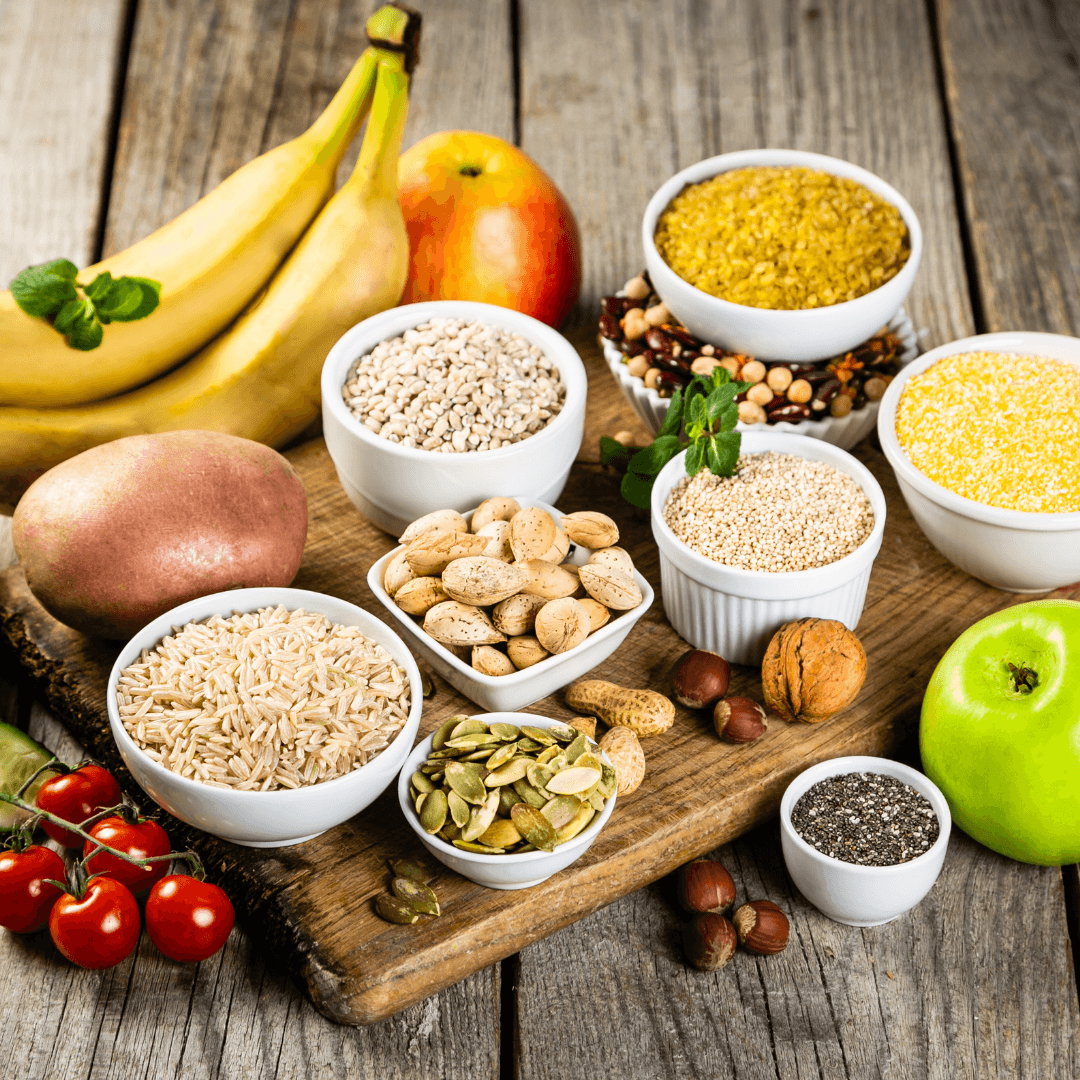
Tips For Increasing The Vitamin Content Of Your Diet
A vegan diet can be made more robust and nutrient-dense by taking a few more minor steps.
It's simple to increase the nutritious value of your diet by eating fortified foods. For example, calcium-fortified plant milk and yogurts should be on your radar.
Furthermore, consuming one Brazil nut daily can help you meet your selenium requirements. Include 2 tablespoons (20 grams) of chia or flax seeds, ¼ cup (40 grams) of hemp seeds, or ⅓ cup (35 grams) of walnuts in your meals to meet your daily ALA requirements.
Fermenting, sprouting, and cooking using cast iron pans may also improve the absorption of key nutrients like iron and zinc.
Furthermore, extremely stringent vegan diets, such as fruitarian or raw vegan diets, should be avoided. Your nutritional intake may be seriously harmed due to these eating habits.
Five Healthy Aging Habits
1. Eat A Mediterranean-Style Diet
The nutrient-dense Mediterranean diet has been demonstrated time and time again to be beneficial to our health.
It not only improves heart health, inflammation, and diabetes, but it also protects our brains and strengthens our bones, according to a study.
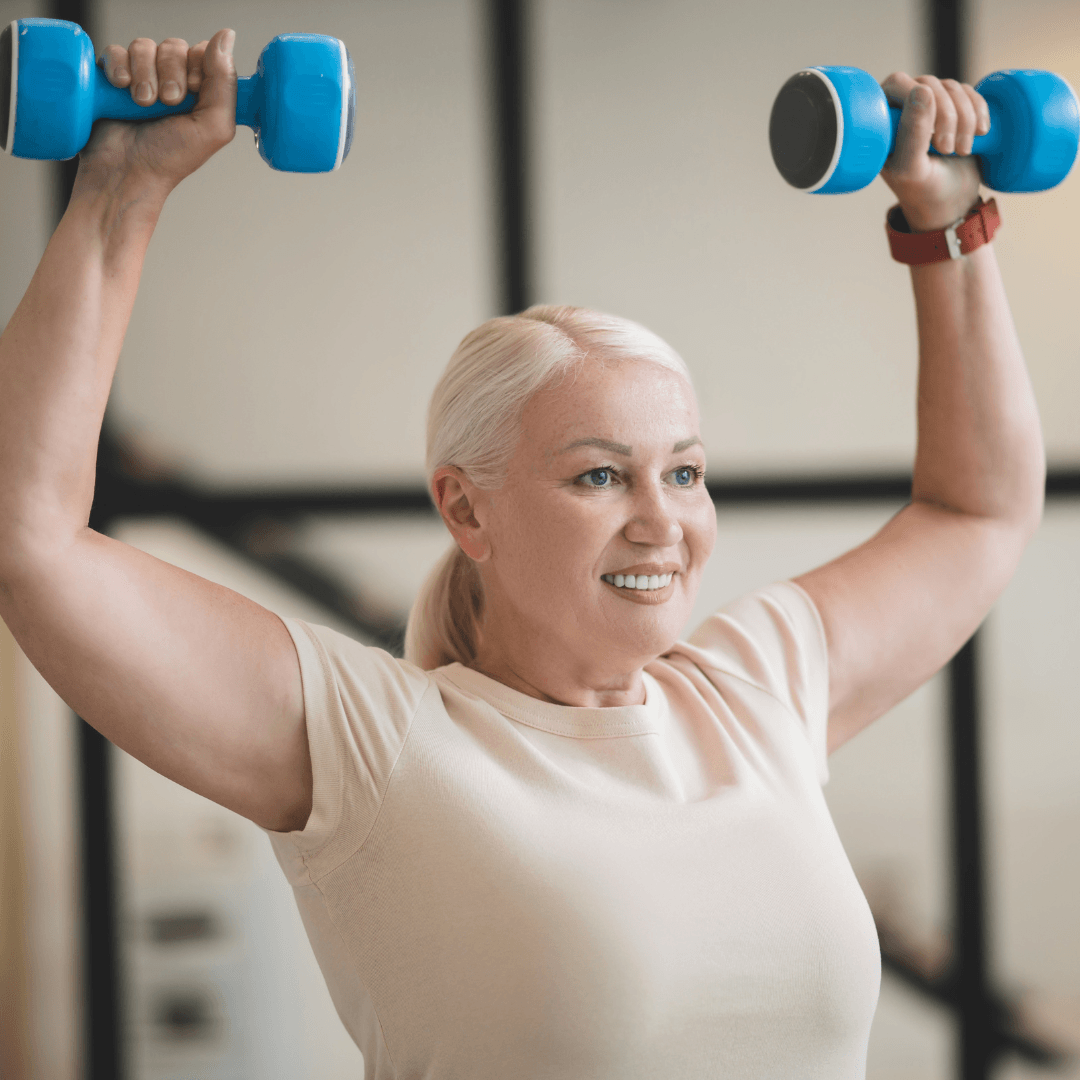
2. Strength Training And Exercise
Of course, moving your body in any way is beneficial. Still, strength training and impact exercises like jogging or walking help maintain bone health and balance as we age. Low-impact exercises such as riding or swimming are also beneficial!
3. Relax And Unwind With Stress Management
Stress management can help to reduce wrinkles and gray hair. Furthermore, persistent stress can have major detrimental consequences for our entire health.

4. Get Plenty Of Rest
According to research, adults between the ages of 50 and 70 who get less than 6 hours of sleep per night have a 30% higher chance of dementia.
5. Increase Your Nutritional Consumption
- Focus on nutrient-dense fruits (apples, oranges, bananas, grapefruit, avocado, cherries, berries and watermelons!)
- Vegetables (broccoli, cauliflower, brussels sprouts, squash, carrots, sweet potatoes!)
- Leafy greens (chard, cabbage, romaine, bok choy, kale, spinach, etc.!)
- Proteins (nuts and seeds!)
- Whole grains (barley, bulgur, farro, millet, quinoa, brown rice, etc.!)
- Healthy fats (olive, flaxseed and coconut oils, avocados, walnuts, other tree nuts, dark chocolate!).
Conclusion
- Well-balanced vegan diets can provide appropriate nourishment at any stage of life, including pregnancy.
- Vegan diets may help prevent postpartum depression, C-section birth, and maternal or newborn death.
- Vegan diets that aren't well-planned, however, can put you in danger of vitamin shortages, as well as premature birth, low birth weight, and your baby's inappropriate development.
As a result, eating a vegan diet when pregnant necessitates meticulous preparation. Consult a nutritionist specializing in plant-based diets to ensure you get all the necessary nutrients.
I trust you enjoyed this article on How A Vegan Pregnancy Meal Plan Can Ease Your Pain. Please stay tuned for more blog posts to come shortly. Take care!
JeannetteZ
>>>Please click here to read my Vegan Travel Guides To World Destinations<<<
>>>Want To Learn How To Create Your Own Delicious, Healthy AND 100% Vegan Meals For You And Your Family? Click Here For My #1 Recommendation<<<
Your Opinion Is Important To Me
Are you a vegan expecting a child? Do you have thoughts, ideas, or questions? I would love to hear from you. Please leave me your questions, experiences, and remarks about this article on How A Vegan Pregnancy Meal Plan Can Ease Your Pain in the comments section below. You can also reach me by email at Jeannette@LivingTheVeganLifestyle.org.
Disclosure
This post may contain affiliate links. I earn from qualifying purchases as an Amazon Associate and other affiliate programs. Please read my full disclosure.
Here are links to some of my favourite articles:
Is Going Vegan Long-Term Good Or Bad?
41 Best Vegan Restaurants In Munich, Germany
20 Best Tips For Raising Vegan Kids
12 Best Easy Kid-Friendly Vegan Recipes
Ways To Learn Vegan Parenting With Advantages

